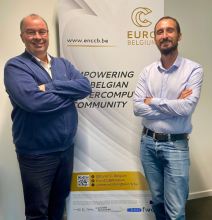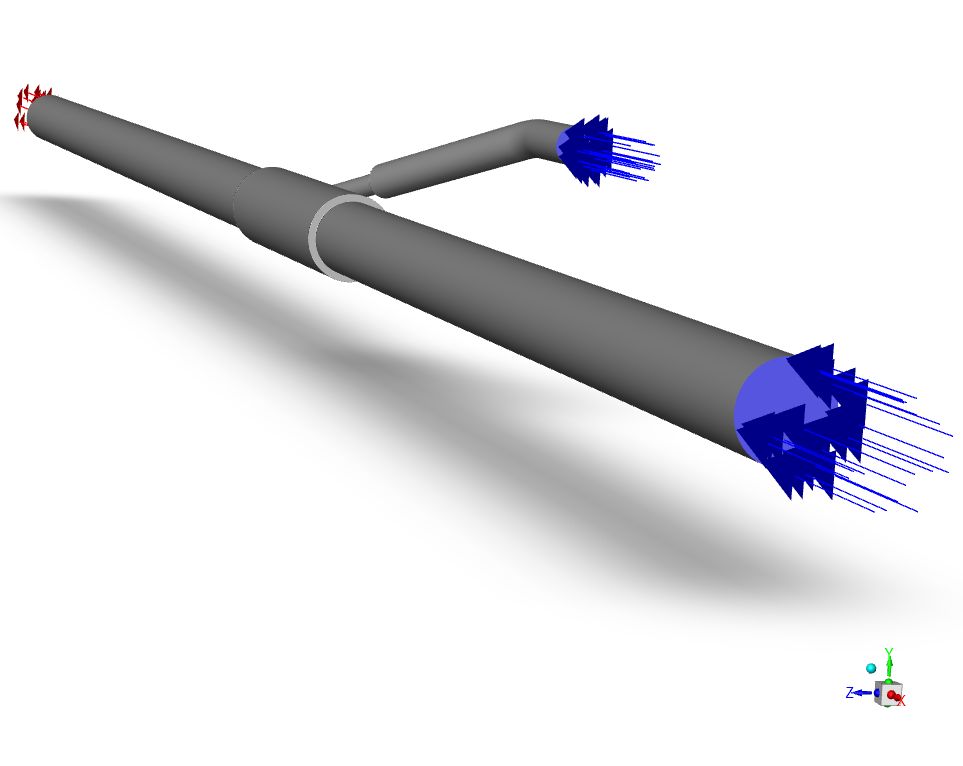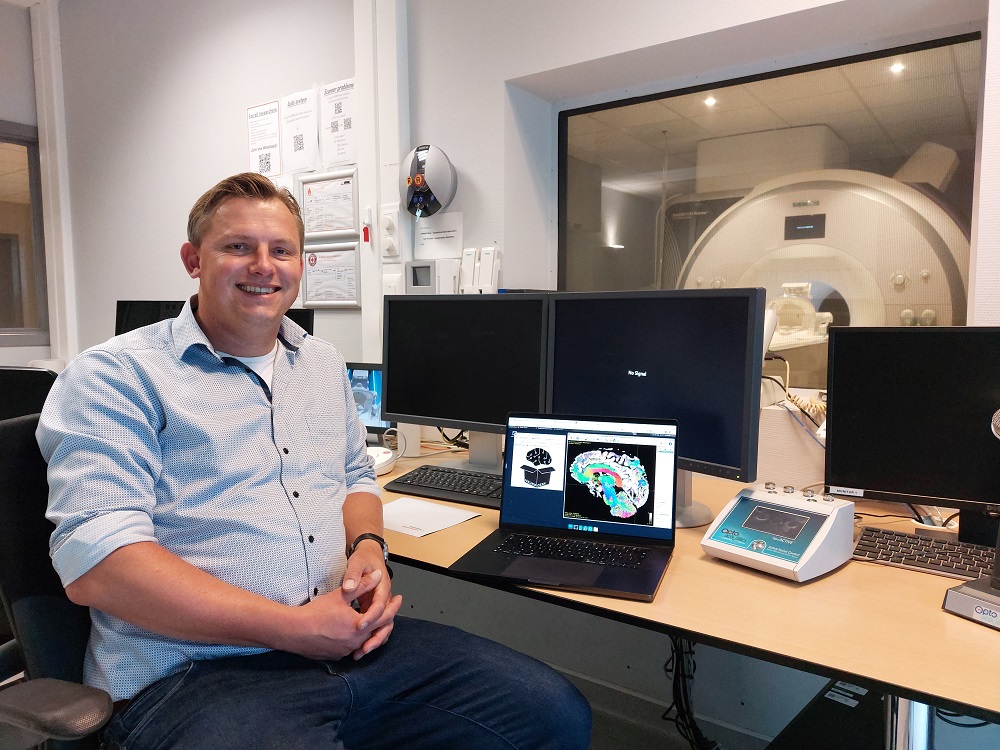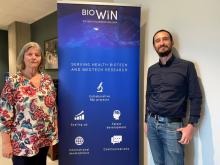Interview with Anthony Bievelez (Skywin Cluster)
In this interview, Anthony Bievelez from Skywin highlights the strategic importance of HPC for innovation and competitiveness in the Walloon aerospace sector. HPC enables advanced simulations, optimizes R&D workflows, and accelerates the development of new materials and technologies. Through initiatives like WINGS and collaborations with Cenaero, companies leverage HPC to address challenges in aerodynamics, manufacturing, and environmental sustainability. However, barriers such as data security and regulatory constraints still hinder broader adoption. Better awareness and simplified access to local HPC resources could boost uptake across the industry.









